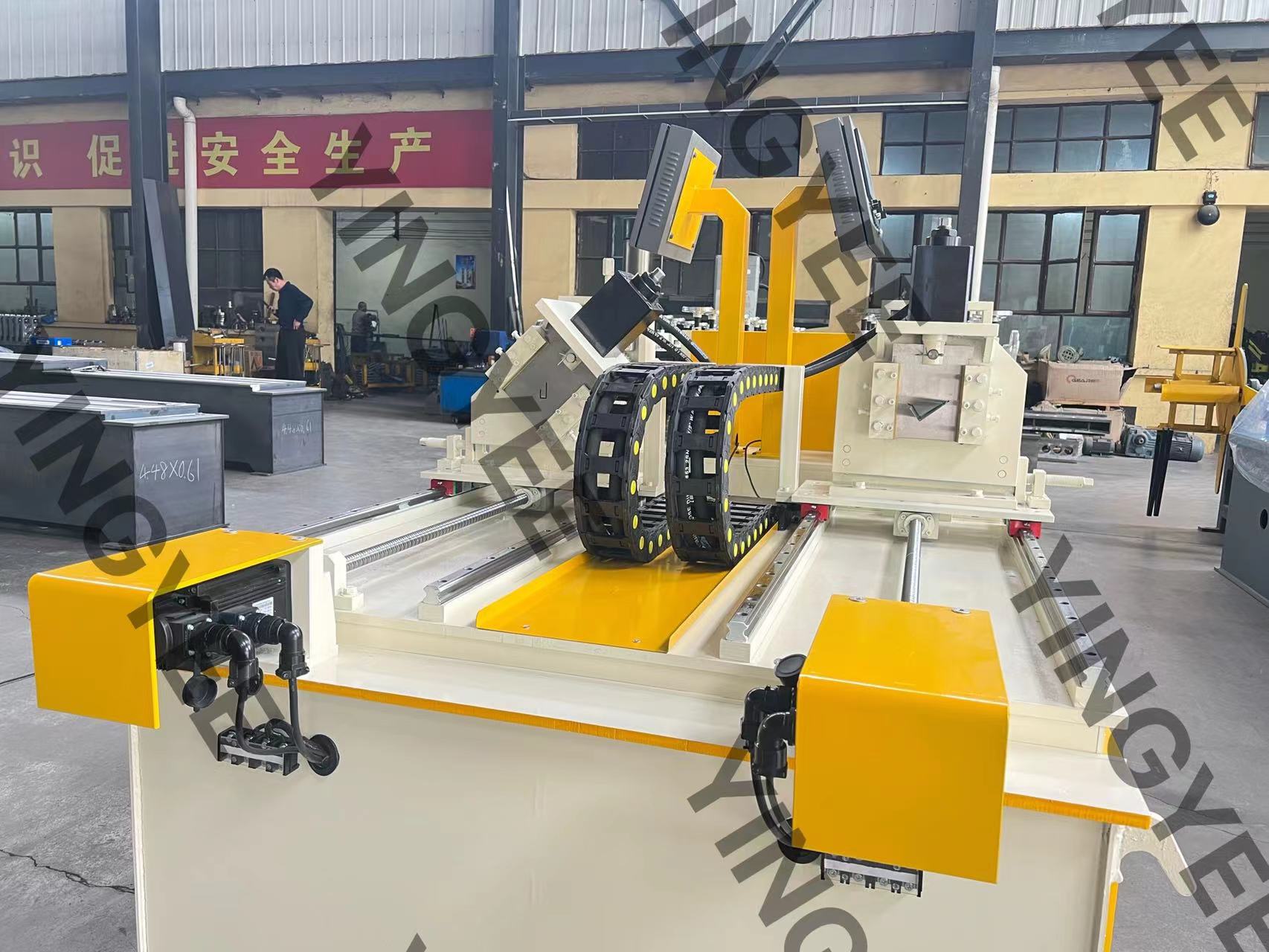
The Steel Downpipe Roll Former Machine Revolutionizing Construction and Manufacturing
In the world of construction and manufacturing, efficiency, accuracy, and durability are of utmost importance. One of the equipment that has significantly enhanced these aspects is the steel downpipe roll former machine. This innovative technology automates the process of creating steel downpipes, which are essential components in drainage systems for both residential and commercial buildings.
Understanding Steel Downpipes
Before delving into the workings of a roll former machine, it’s essential to understand the role of steel downpipes. These vertical pipes facilitate the removal of rainwater from roofs, directing it safely to the ground or into drainage systems. Durable, corrosion-resistant, and lightweight, steel downpipes offer an effective solution for managing water runoff, thus preventing water damage and maintaining the integrity of structures.
The Role of the Roll Former Machine
A steel downpipe roll former machine is designed to convert flat steel sheets into tubular shapes through a series of carefully calibrated rollers. This process is known as roll forming, which is a continuous bending operation that creates a product with a uniform cross-section. The machine is specifically engineered to produce downpipes that adhere to rigorous industry standards while maximizing productivity.
Key Features of the Steel Downpipe Roll Former Machine
1. Precision Engineering The roll former machine is equipped with advanced technology to ensure precision in dimensions and tolerances. This is crucial since improper sizing can lead to leaks and structural issues.
2. High Production Efficiency Modern roll forming machines are capable of producing large quantities of downpipes in a relatively short time frame. High-speed operations reduce labor costs and increase overall productivity, making them an economically viable solution for manufacturers.
3. Material Versatility Though predominantly used for processing steel, these machines can also work with various materials, including aluminum and galvanized steel. This versatility allows manufacturers to diversify their product lines and cater to different market needs.

4. Customization Options Many roll former machines come with customizable settings, enabling producers to create downpipes in various shapes, sizes, and finishes. This customization is particularly beneficial for manufacturers aiming to meet specific client requirements.
5. User-Friendly Operation The latest roll forming machines feature intuitive control systems, allowing operators to easily adjust settings and monitor the production process. This user-friendly design reduces the likelihood of operational errors and enhances overall safety.
Advantages for Manufacturers
Investing in a steel downpipe roll former machine brings several advantages to manufacturers
- Cost-Effectiveness By automating the production process, manufacturers can significantly reduce labor costs and minimize material wastage. This cost-effectiveness is vital in maintaining competitive pricing in the market.
- Improved Quality Control The consistent nature of roll forming ensures that each downpipe produced is uniform in quality. This reliability fosters trust with clients and simplifies the quality assurance process.
- Competitive Edge With the ability to produce high volumes of standardized products quickly, manufacturers can respond swiftly to market demands. This agility provides a significant competitive advantage in the ever-evolving construction industry.
- Sustainability Many modern roll forming machines are designed with energy efficiency in mind. Additionally, steel is a recyclable material, making the entire production process more sustainable and environmentally friendly.
Conclusion
The steel downpipe roll former machine is undoubtedly a game-changer in the manufacturing and construction sectors. Its ability to produce high-quality, durable, and cost-effective downpipes efficiently positions it as an essential tool for manufacturers. As the construction industry continues to evolve, embracing such innovative technologies will be key to staying competitive, meeting client demands, and ensuring sustainable practices. The future of construction is bright, driven by machines like the steel downpipe roll former that champion efficiency, quality, and versatility.